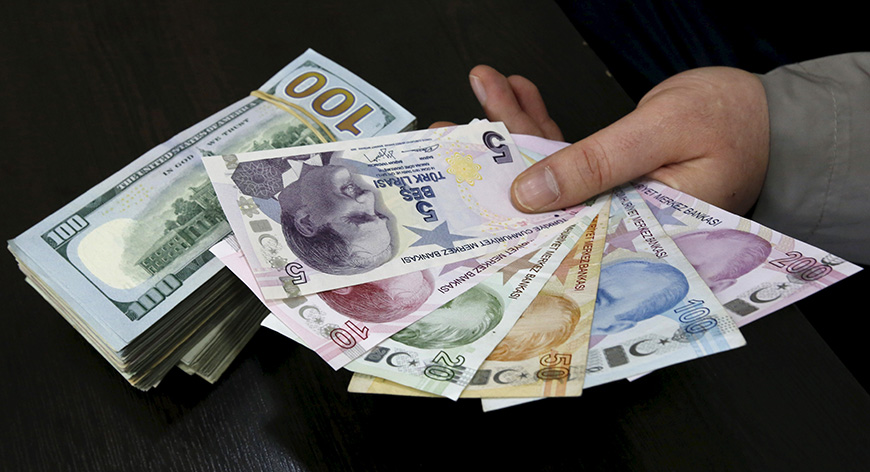- CBN I&E FX Window Attracts $4bn in Three Months
The importers’ and exporters’ (I&E) foreign exchange (FX) window introduced by the Central Bank of Nigeria (CBN) about four months ago has attracted $4 billion from foreign investors between April and now, the Bankers’ Committee disclosed Thursday.
This is a $1.8 billion growth over the $2.2 billion recorded in June. The window also posted a single transaction of $240 million on August 1, 2017.
Addressing reporters in Abuja Thursday at the end of its 34th meeting, the Bankers’ Committee said the economy was on the recovery path and on the verge of exiting the recession, going by various indicators.
The Director, Banking Supervision of the CBN, Mr. Ahmed Abdullahi; Managing Director, Union Bank of Nigeria Plc, Mr. Emeka Emuwa; Managing Director, FSDH, Mrs. Hamba Amba; and Executive Director, Standard Chartered Bank, Mrs. Mobola Faleye, addressed the press.
The committee noted that the FX market has continued to record positive gains, with the various exchange rates in the market nearing convergence.
Speaking on the I&E window, Amba recalled that the CBN set up the window in April, adding: “And it was very interesting that when we were going through the meeting today (Thursday), the fact was given to us that so far the volume of the trading that had gone on in that window was about $4 billion and that is quite a good number.”
“It shows that the banks have done a lot of rallying. It shows that the banks have been resilient. It shows that the banks have contributed largely in bringing in FDIs as much as possible into the market.
“In fact, there was a single ticket that was done on August 1, a transaction of $240 million. So we think that things will be looking up and we are quite hopeful that things are going in the right direction,” the FSDH chief executive stated.
She added that one of the areas that had also given the committee cause for optimism on the economy was the Purchasing Managers’ Index (PMI), which has consistently been over 50 in recent months.
“The Purchasing Managers’ Index is an indicator of the economic health of the manufacturing sector. The PMI is based on five major indicators: new orders, inventory levels, production, supplier deliveries, and the employment environment month after.
“And most of these indicators have trended up in recent months, indicating that the economy is on the path of recovery and will exit the recession soon,” she said.
In his remarks, Emuwa disclosed that the Nigerian lenders would soon commence the disbursement of N26 billion pooled from banks’ profits after tax in 2015 for the Agricultural, Small and Medium Enterprises Equity Fund that was launched late last year.
He said the Bankers’ Committee also inaugurated the board of the fund, comprising the chief executives of Zenith, Guaranty Trust, Access, First and Unity Banks.
The board, Emuwa added, would meet to choose its chairman and urged prospective beneficiaries to meet their banks for the disbursement guidelines.
He also said a project committee had been set up, adding that the fund would be disbursed to beneficiaries in the form of equity and not as loans.


 Forex2 weeks ago
Forex2 weeks ago


 Naira1 week ago
Naira1 week ago
 Naira4 weeks ago
Naira4 weeks ago
 Company News4 weeks ago
Company News4 weeks ago




 Naira1 week ago
Naira1 week ago
 Billionaire Watch1 week ago
Billionaire Watch1 week ago




 Naira3 weeks ago
Naira3 weeks ago




 Naira1 week ago
Naira1 week ago




















